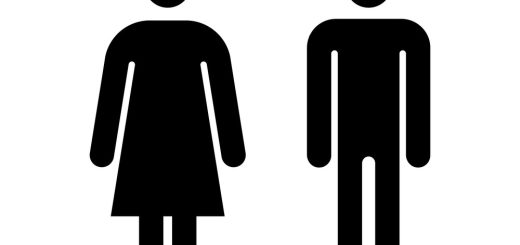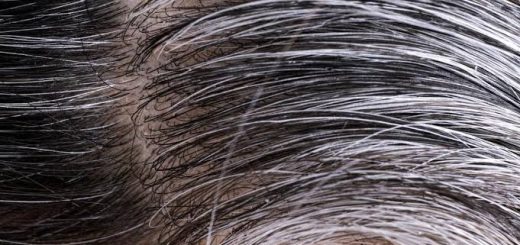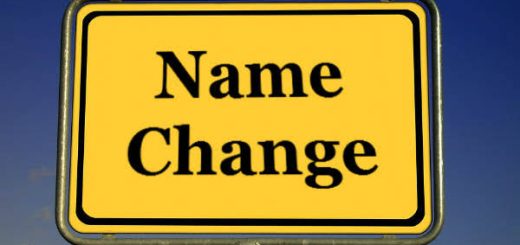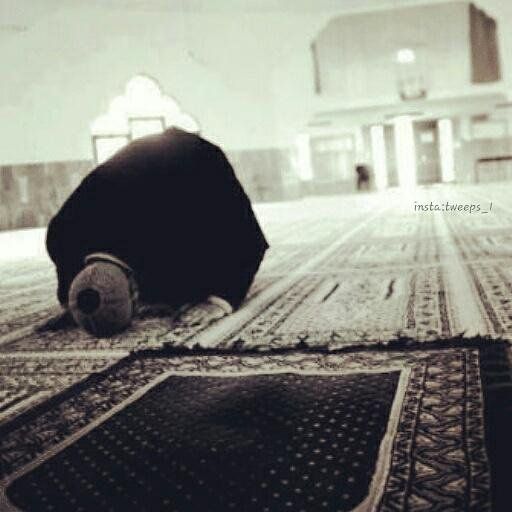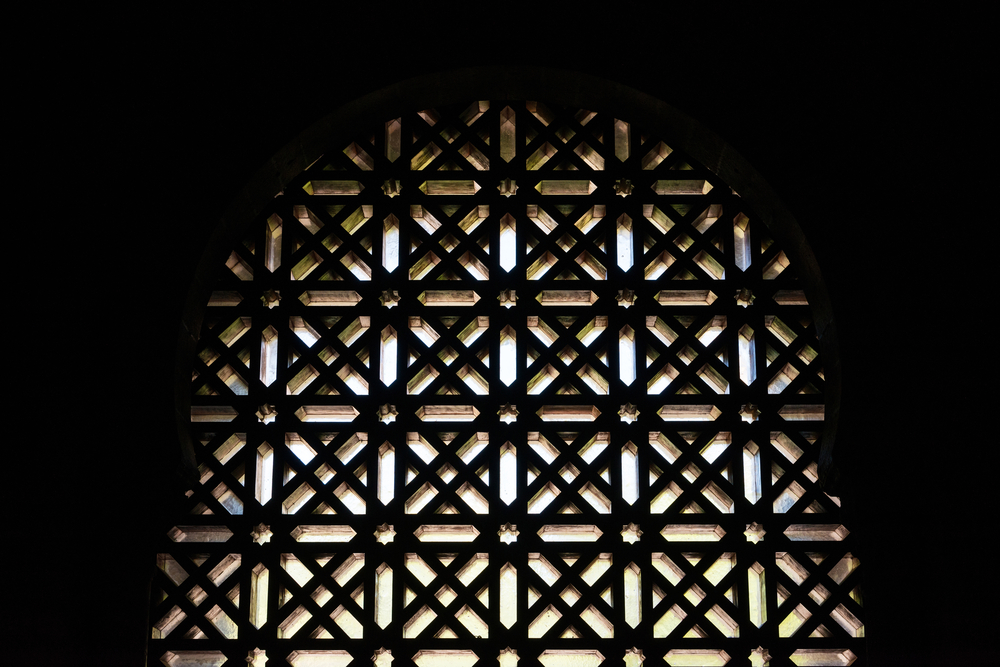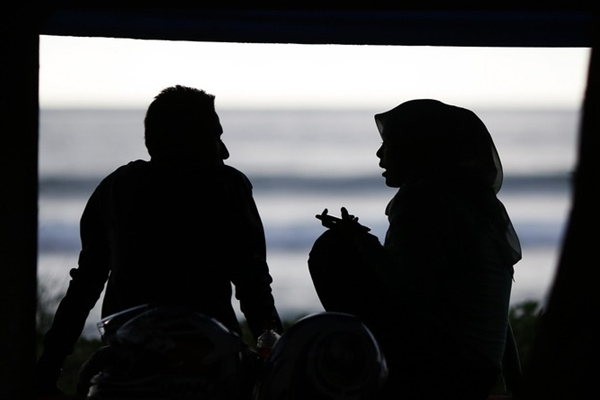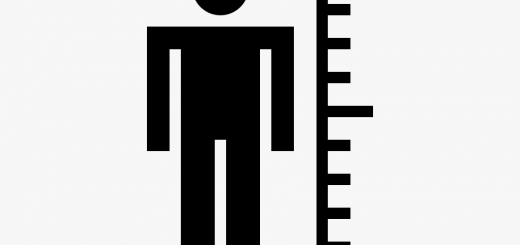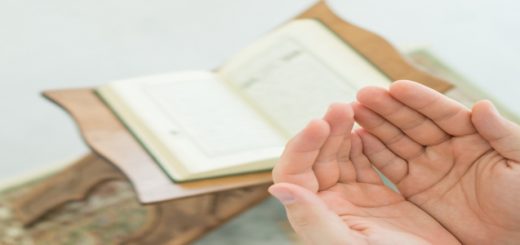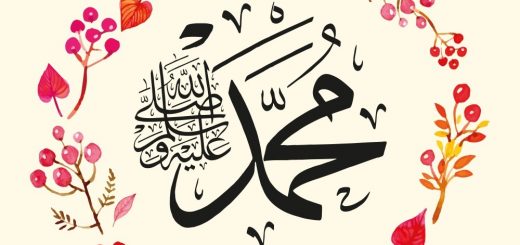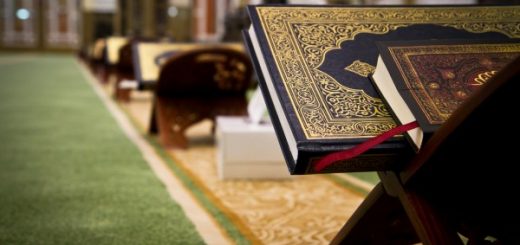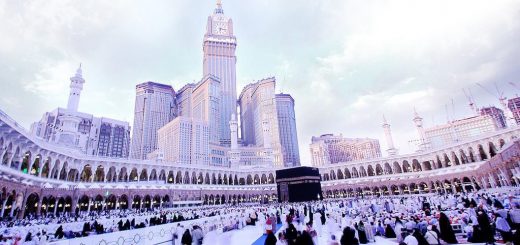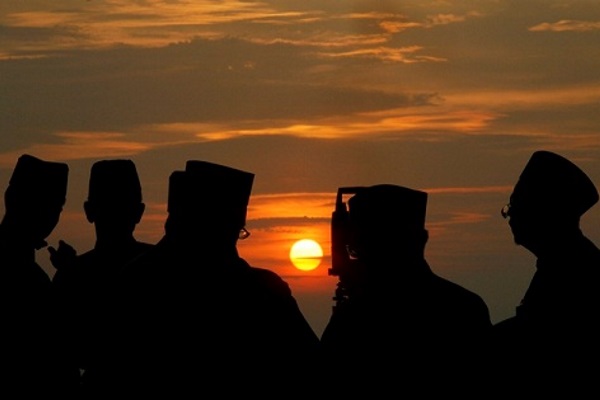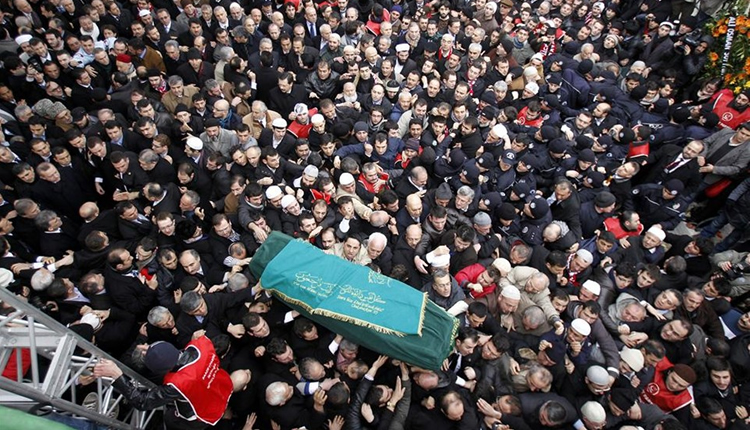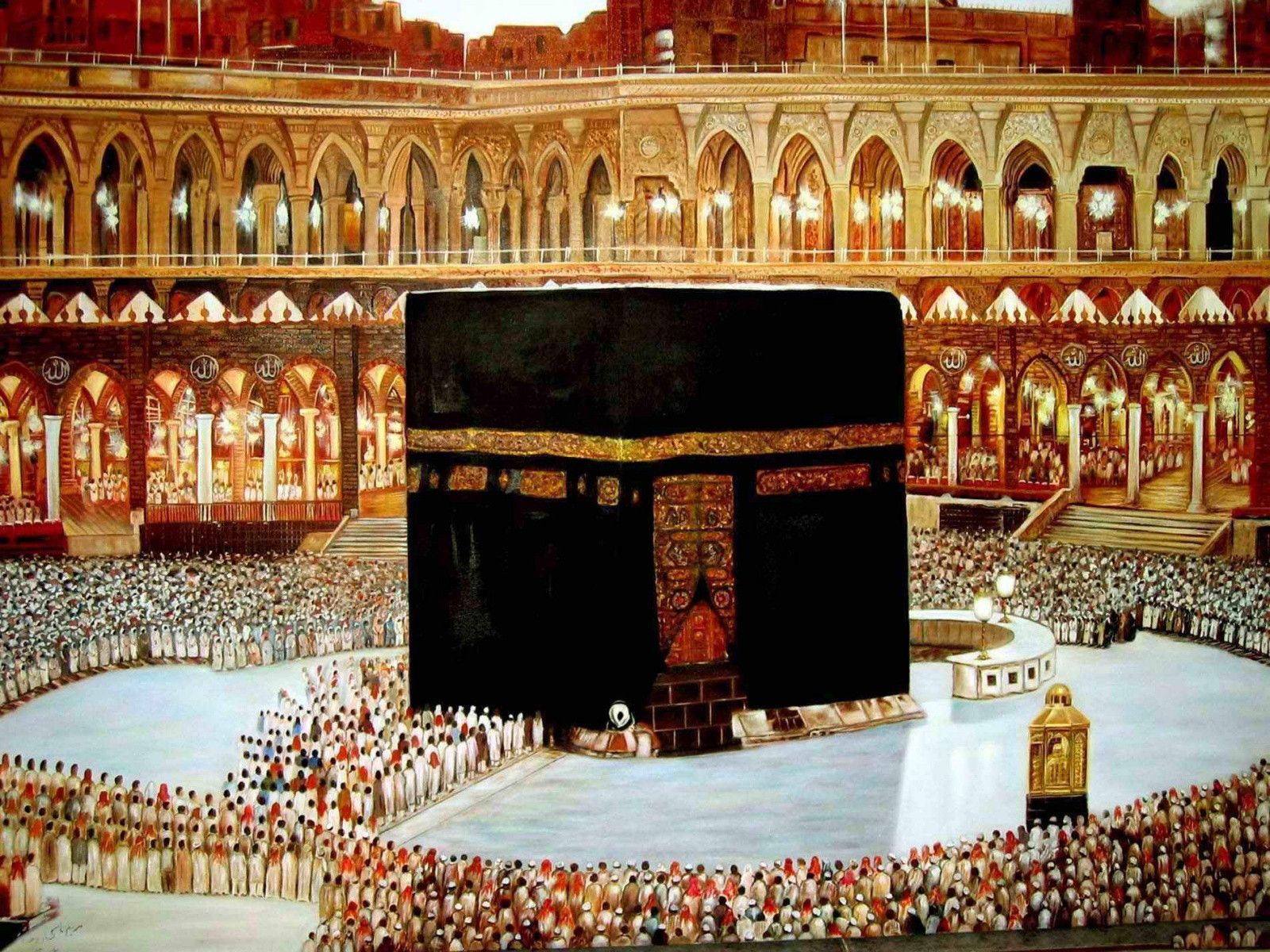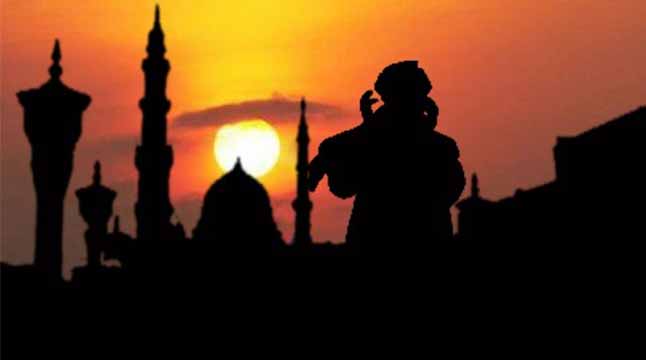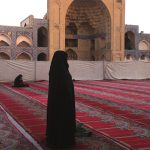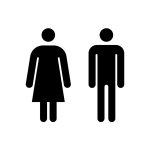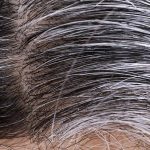QUESTION:
What do the scholars of the Dīn and muftīs of the Sacred Law state regarding the following 3 issues:
Q1: Is the hair above the jawline regarded as the beard also and what is the ruling regarding keeping it neat?
Q2: Is the beard length four fingers below the chin or four fingers below the lips?
Q3: What is the ruling regarding keeping it longer than four fingers in length?
Questioner: Sayf from India
ANSWER:
بسم اللہ الرحمن الرحیم
الجواب بعون الملک الوھاب اللھم ھدایۃ الحق والصواب
The answer to question 1
The beard starts below the sideburns and it grows on the upper part of the sides of the face, the jaw and the chin. The hair which grows on the ears and likewise, the small soft hair above the jawline, which sometimes are less and sometimes grow reaching the eye area, are not included in the beard, thus there is no harm in removing these in order to neaten up and keep tidy. In fact, most of the time, the face looks untidy when this hair is not taken care of, which is not liked by Sharī’ah.
The Imām of the Ahl al-Sunnah, Sayyidī A’lā Hazrat Imām Ahmad Ridā Khān, may Allāh shower mercy upon him, states that the beard grows underneath the sideburns on the upper part of the sides of the face, the jaw and the chin. In terms of the width, the upper part [of the beard] is between the ears and the cheeks. Just how some people have hair on their ears, which is not included in the beard, likewise the light and soft hair on the cheeks, which for some is of a small amount and for some others reach near the eye area, are also excluded from the beard. This hair is just naturally separate by nature from the beard.
[Fatāwā Ridawiyyah, vol 22, pg 595]
There is no problem in cutting the hair which grows above the jawline, just as Sayyidī A’lā Hazrat states that there is no problem in neatening it, in fact sometimes it can be a cause of distorting or disfiguring one’s appearance which is not preferred by Sharī’ah. It is stated in Gharā’ib,
“کان ابن عمر رضی اﷲ تعالٰی عنہما یقول للحلاق بلغ العظٰمین فانھما منتھی اللحیۃ یعنی حدھا ولذٰلک سمیت لحیۃ لان حدھا اللحی”
“Sayyidunā ibn ‘Umar would tell the barber that it should reach the two bones [i.e. the right and left of the jawbone] as they are the end part for the final limit of the beard, which is why the beard is known as ‘Lihyah’ as its limits are until the Lihyah [i.e. jaw].”
[Gharā’ib]
It is stated in Fatāwā ‘Ālamgīrī that,
“لا بأس باخذ الحاجبین وشعروجہہ مالم یتشبہ بالمخنث”
“There is no problem in cutting the hair of the eyebrows and of the face so long as there is no similarity with hermaphrodites.”
[Fatāwā Hindiyyah, ch 19, vol 5, pg 358]
[Fatāwā Ridawiyyah, vol 22, pg 595]
The answer to question 2
The length of the beard is four fingers in length from underneath the chin, not from underneath the lips, just as the Imām of the Ahl al-Sunnah, A’lā Hazrat Imām Ahmad Ridā Khān, states in Fatāwā Ridawiyyah that it is wājib to keep the beard a fistful, meaning until [the length of] four fingers; any less than this is impermissible. It is apparent that the length will be from underneath the chin, meaning this hair is to be trimmed to this amount. Those careless ignoramuses who measure the beard by placing their hand below the chin and measuring four fingers beneath the lower lip, such that one finger remains below the chin, is utter ignorance and totally inconsiderate of Sharī’ah. In short, there is actual [mutual] agreement of the ‘Ulamā’ of the [Ahl al-] Sunnah with regards to its size.
[Fatāwā Ridawiyyah, vol 22, pg 582]
The answer to question 3
The Sunnah is actually that whatever is more than four fingers length is cut, but the beard being slightly over four fingers in length is permissible, and is no cause of karāhah [dislike] so long as it remains within a reasonable limit, meaning, the beard does not become a cause of ugliness and one being defamed. If one was to keep a very long beard which crosses the bounds of reasonableness, then it would be makrūh and in contradiction to the Sunnah.
Sayyidī A’lā Hazrat states that our respected Imāms, may Allāh be pleased with them, have chosen this and have explicitly mentioned in the general books of the Madhab that the Sunnah is that it is cut when it is more than a fistful. In fact, some senior & elder scholars have mentioned it as wājib, even though what is apparent here is that by wujūb it is meant the establishing of, not the terminology of wujūb. Imām Muhammad, may Allāh have mercy upon him, mentions after the aforementioned narrated Hadīth,
“بہ ناخذ وھو قول ابی حنیفۃ”
“We take this and this is the very opinion of Imām Abū Hanīfah.”
[Kitāb al-Āthār, pg 198, Hadīth 900]
[Fatāwā Ridawiyyah, vol 22, pg 584]
Sayyidunā ‘Abdullāh bin ‘Umar and Sayyidunā Abū Hurayrah, may Allāh be pleased with them, would lessen the amount which was more than a fistful from their blessed beards. In fact, this lessening has been narrated from the Noble Messenger ﷺ himself. Imām Muhammad mentions in Kitāb al-Āthār,
“اخبرنا ابوحنیفہ عن الھیثم عن ابن عمر رضی اﷲ تعالٰی عنھما انہ کان یقبض علی لحیتہ ثم یقص ماتحت القبضہ”
“Imām Abū Hanīfah stated to us from abū al-Haytham, from Sayyidunā ‘Abdullāh ibn ‘Umar, may Allāh be pleased with them both, that Sayyidunā ‘Abdullāh, grasping his beard in the fist, would cut what was extra.”
[Kitāb al-Āthār, pg 198, Hadīth 900]
It is narrated in Abū Dāwūd and Nisā’ī by Marwān bin Salām that,
“رأیت ابن عمر رضی اﷲ تعالٰی عنہما یقبض علی لحیتہ فیقطع مازاد علی الکف”
“I saw Sayyidunā ‘Abdullāh ibn ‘Umar, may Allāh be pleased with them both, that, he would grasp his beard and then cut the extra hair which was more than a fistful.”
[Sunan Abī Dāwūd, vol 1, pg 321]
Furthermore, it is stated in Musannaf Abū Bakr Bin Abī Shaybah that,
“کان ابوھریرہ رضی اﷲ تعالٰی عنہ یقبض علی لحیتہ ثم یأخذ مافضل عن القبضہ”
“Sayyidunā abū Hurayrah, may Allāh be pleased with him, would grasp his beard in the fist and cut the extra hairs which were more than a fistful.”
[al-Musannaf Ibn Abī Shaybah, vol 8, pg 376]
In fact, the author of Fath al-Qadīr states that it is narrated as so from the Messenger of Allāh ﷺ,
“انہ روی عن النبی صلی اﷲ تعالٰی علیہ وسلم”
“This is also narrated by the Messenger of Allāh ﷺ.”
[Fath al-Qadīr, vol 2, pg 270]
It being slightly more than four fingers is permissible, just as Shaykh Muhaqqiq, may Allāh have mercy upon him, states in Madārij al-Nubuwwah that the habit of the predecessors with regards to this was different; hence it is narrated that the blessed beard of Amīr al-Mu’minīn, Sayyidunā ‘Alī, may Allāh be pleased with him, would fill his chest. The blessed beards of Sayyidunā Fārūq A‘zham and Sayyidunā ‘Uthmān, may Allāh be pleased with them both, would be similar. He also writes that Shaykh Muhī al-Dīn Sayyidunā ‘Abd al-Qādir al-Jīlānī, may Allāh be pleased with him, had a long wide beard.
[Madārij al-Nubuwwah, vol 1, ch1, pg 15]
Sayyidī A’lā Hazrat states that perhaps it was on the basis of Āthār [i.e. Hadīth] that Shaykh Muhaqqiq wrote in sharh Mishkāh that the well known limit is a fistful; one should not cut it less than this, and if one leaves more than this, then it is still permissible, provided it does not cross the boundary of being reasonable.
[Ashi’’ah al-Lum’āt, vol 1, pg 212]
[Fatāwā Ridawiyyah, vol 22, pg 586]
However, to keep such a long beard which crosses the limit of reasonableness is makrūh and in opposition to the Sunnah. Just as Sayyidī A’lā Hazrat states that if it is long & excessive, crosses the limit of reasonableness and ugliness is opportune, then without doubt this is in contradiction to the Sunnah and is makrūh; that deforming one’s appearance opens the doors of blame and ridicule with regards to ones face, which places Muslims in the harm and danger of mockery and backbiting; this is never the choice of the Pure Sharī’ah. Nor, Allāh forbid, on any account did the sacred beard of the Noble Messenger of Allāh ﷺ reach the limit of unreasonableness; this being Sunnah is not plausible.
[Fatāwā Ridawiyyah, vol 22, pg 583]
واللہ تعالی اعلم ورسولہ اعلم صلی اللہ علیہ وآلہ وسلم
کتبہ ابو الحسن محمد قاسم ضیاء قادری
Answered by Mufti Qasim Zia al-Qadri
Translated by Haider Ali
Read the original Urdu answer here: [Q-ID0562] Can we keep a long beard, does a beard start below the chin or lip and can we tidy up our beard?
Also see:
[Q-ID0217] What is the ruling regarding the beard and its length? My workplace says I must shave it.

